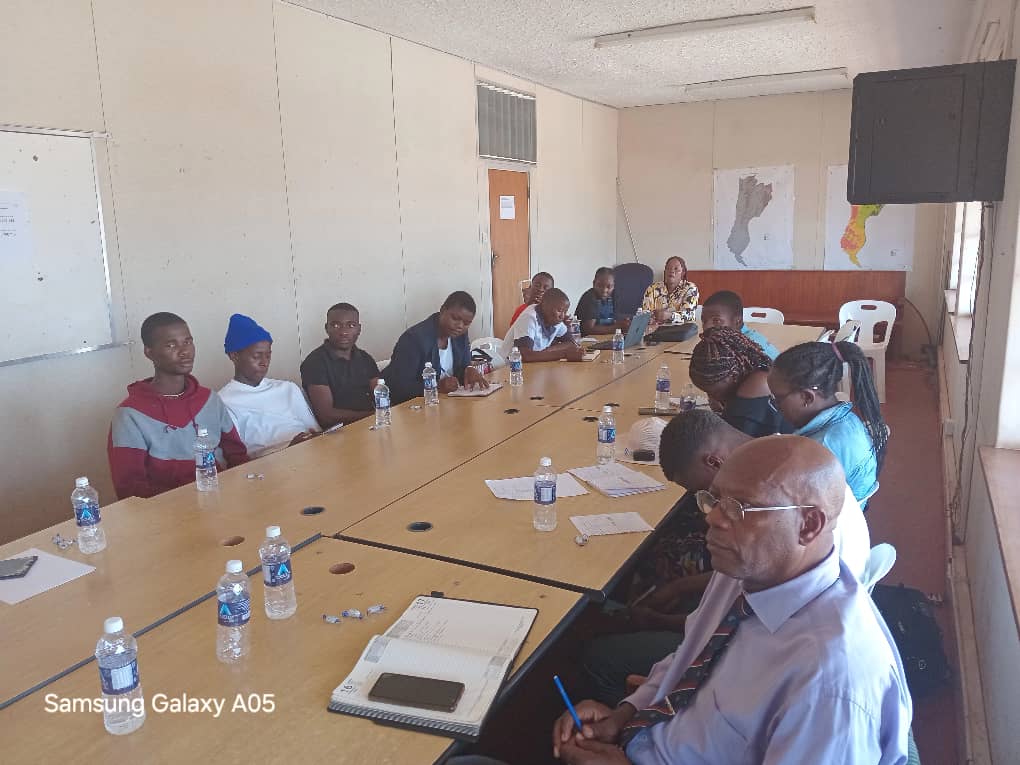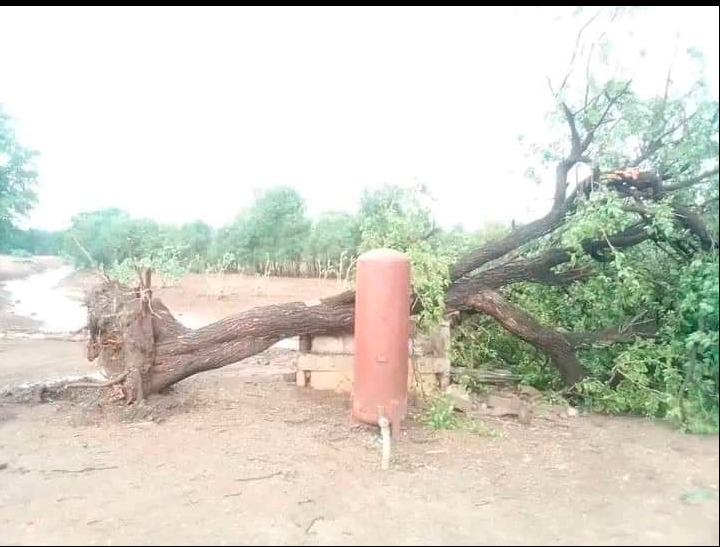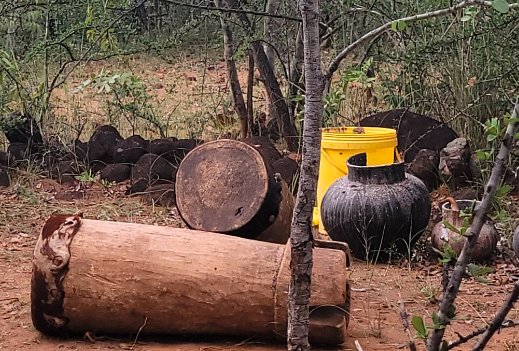This comprehensive report details the outcomes of a pivotal workshop hosted by the Network for Community Development (NCD) at the Chipinge DDC office on September 17, 2025. The event convened diverse stakeholders to confront pressing environmental challenges in Chipinge, including stream bank cultivation and inadequate solid waste management. It underscored the critical role of the Environmental Management Act (EMA) in establishing a legal framework for environmental protection and accountability.
Addressing Environmental Degradation and Legal Compliance
Chipinge faces significant environmental hurdles, notably stream bank cultivation, which exacerbates soil erosion, river siltation, and water pollution, contravening the mandated 30-meter buffer zone. Poor solid waste management further pollutes the community. The workshop reinforced the EMA as the cornerstone legislation, prohibiting pollution and requiring licenses for hazardous substances, thereby providing a legal foundation for environmental protection and holding polluters accountable.
Innovative Solutions for Solid Waste Management
The Chipinge Town Council articulated its strategy for solid waste management, defining it as the comprehensive process of waste collection, transport, processing, and disposal. They acknowledged that waste generation is influenced by factors such as urbanization, population growth, economic development, and evolving lifestyles, with waste originating from residential, commercial, institutional, and industrial sources.
The council’s proposed solutions include:
- Public awareness campaigns to educate residents.
- Promoting the 3Rs (Reduce, Reuse, Recycle) to minimize waste.
- Improving waste collection systems for greater efficiency.
- Forming partnerships with local businesses for recycling centers and composting initiatives, transforming “waste into wealth.”
- Robust law enforcement through the consistent application of bylaws to penalize illegal dumping.
Mr. Gore from the Ministry of Youth and Empowerment highlighted the crucial role of youth in environmental initiatives, emphasizing empowerment through skills development, entrepreneurship, and community engagement. He encouraged young people with project ideas to connect with the Ministry and utilize Vocational Training Centers (VTCs) to acquire market-relevant skills.
Nigel Sigauke of NCD presented a forward-thinking strategic plan, which included:
- Strengthening Environmental Governance: Enhancing law enforcement visibility and establishing community-based “environmental monitors.”
- Community Sensitization and Engagement: Forming environmental committees and employing creative outreach methods like sports, poetry, and theater.
- Information Management: Creating a centralized database to track initiative progress.
- Information Dissemination: Utilizing brochures and social media campaigns.
- Strategic Partnerships: Collaborating with schools for integrated environmental education and with businesses for green practices and Corporate Social Responsibility (CSR) initiatives.
In closing, Joyful Machaka of NCD declared the workshop a resounding success, establishing a robust foundation for future collaborative efforts aimed at tackling Chipinge’s environmental and developmental challenges.















